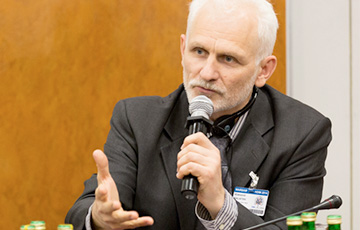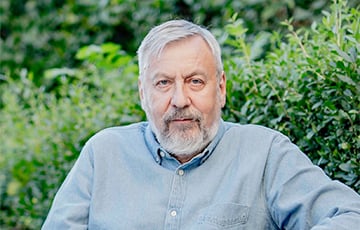Ales Bialiatski: New political prisoners might emerge before election
1- 28.05.2015, 17:36
- 13,813

The Belarusian authorities are showing that they are going to use different repressive methods against opposition and the civil society.
It was said in an interview to charter97.org by the head of “Viasna” human rights centre, a former political prisoner Ales Bialiatski, commenting on the verdict to Homel activistYury Rubtsou.
- The ruling of the court justifies that the hard line towards the incarcerated political prisoners is continued, which once again demonstrates that the Belarusian authorities do not want to change their policy towards their opponents. They continue the wave of repression, which we have been witnessing over the previous years, -- Ales Bialiatski said.
- Over the recent months pressure on political prisoners has increased. New verdicts to Mikalai Statkevich and Mikalai Dzyadok are delivered. What is the reason for that, to your mind?
- Another presidential campaign is coming, and the authorities are demonstrating that they are going to employ different repressive methods against their opponents, and among other things, for intimidation of other public activists.
It is absolutely possible that new political prisoners are to emerge. All repressive mechanisms of the regime are on high alert. The higher the activity of the society is, the more chances that the number of political prisoners is to grow. I am speaking about the society in a broad sense, including not only political activists, but also representatives of NGOs, independent journalists. Today they are the people who are understood by the government as a dangerous force in the run-up to the election. It is clear that the presidential campaign is going to follow the old scenario, its results will be rigged. But any repressive methods could be used against critics of this scheme. New political prisoners could appear as well.
The authorities control the situation and want to prevent change of the situation by all means, including illegal and unjust deprivation of freedom, putting people in prisons.










